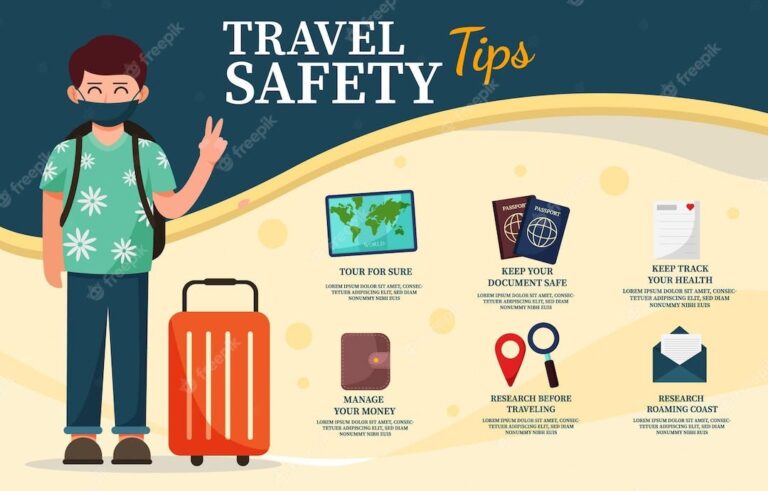Located on the southwestern coast of South Africa, Cape Town is one of the most frequently visited cities in Africa. Approximately 1.6 million tourists are drawn to Cape Town’s natural splendor, colonial architecture, and exquisite vineyards every year. Anyone planning a trip to “Mother City” in the near future should keep these three essential tips in mind for an exceptional vacation.
When Is The Best Time To Visit?
Since Cape Town is in the southern hemisphere, its summer season lasts from December to March. Cape Town’s summer months also correspond to the city’s peak tourism season. Average temps in these months hover between 76°F and 60°F with minimal chance of precipitation. Anyone visiting Cape Town during these months should expect huge crowds and higher prices for restaurants, hotels, and airfare. The advantages of visiting during summertime, however, include longer days, more reliable weather, and increased nightlife activities.
Some travel experts recommend visiting “Mother City” before or after the summer rush. Temperatures are slightly below the summer range, rain is more likely, and there can be cool breezes during spring and autumn, but visitors won’t have to contend with tourist hordes or spend exorbitant prices at hotels.
Almost all travel agents don’t recommend planning a trip to Cape Town between June and August. Cape Town’s winter months are rainy and most days are overcast. It also rarely gets above 59°F during this time of year.
Getting In And Around Cape Town
Foreigners coming into Cape Town will most likely fly into Cape Town International Airport (IATA: CPT). Although not as big as Johannesburg’s O.R. Tambo International, CPT is one of South Africa’s busiest airports.
One of the most common and inexpensive ways to get from CPT into Cape Town is to take a MyCiTi bus. These buses operate between 5:30AM and 9:30PM every day and take passengers from CPT to Cape Town’s Civic Center. The ride from CPT to Cape Town is usually about 30 minutes and it costs between $5 and $8 on a MyCiTi bus. MyCiTi buses are also an exceptional way for tourists to get around the city with day passes only costing between $3 and $7 depending on the time of year.
For those who don’t want to travel via bus, there are plenty of metered taxis and ride-sharing services like Uber and Taxify in Cape Town. Cape Town isn’t an exceptional city for pedestrians, so most tourists will have to rely on some form of transport. Note, taxis in Cape Town are metered and regulated by the city government. Most metered taxis charge about $1 per km.
Staying Safe In Cape Town
Cape Town’s reputation for crime unfortunately has a bit of truth to it. Travelers must always be vigilant and practice common sense to avoid getting scammed or robbed while touring the city.
Travelers are advised not to look like stereotypical tourists to avoid being targeted by pickpockets. It’s a great idea to leave all valuables in a safe in a hotel room whenever going out.
Foreigners are discouraged from shouldn’t rent cars and drive around because carjackings aren’t uncommon. Always rely on ride-sharing or taxi services to get around and avoid walking in dimly lit areas in Cape Town at night. No tourist should ever visit the Cape Flats district.
ATM scams are also somewhat common in Cape Town. Never let anyone help you use an ATM machine. If a card gets stuck inside an ATM machine, tourists should call their credit card company and cancel the card.
As long as visitors stay in popular tourist areas and practice common sense, however, they should have a marvelous time in Cape Town.




